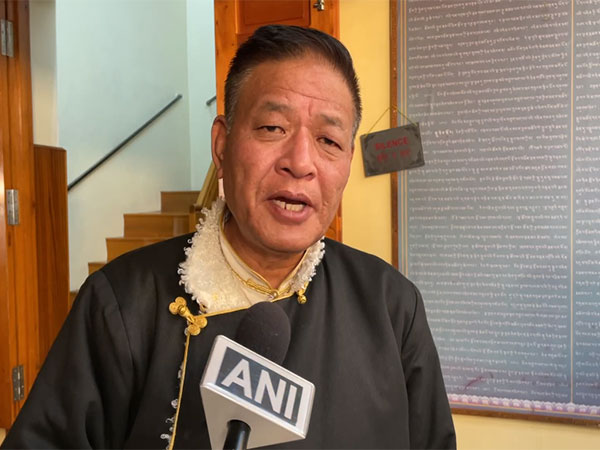Tibetan Leader Condemns 'Xizang' Usage Amidst Earthquake Aftermath
Sikyong Penpa Tsering of the Tibetan Government In-Exile criticizes the term 'Xizang' as Chinese propaganda, following an earthquake in Tibet that killed 126. The quake highlights ongoing tensions over Tibetan identity. Tibetan exiles mourn and pray, led by key NGOs, rejecting China's narrative.

- Country:
- India
Sikyong Penpa Tsering, leader of the Tibetan Government In-Exile, cautioned against using the term 'Xizang' in place of 'Tibet', labeling it as a compliance with Chinese propaganda. During an interview at the exiled Tibetan government's offices, Tsering emphasized that using 'Xizang' plays into China's narrative about Tibetan territory.
He elaborated that 'Xizang' refers solely to the Tibetan autonomous region, which constitutes only half of historical Tibet, thus ignoring the broader Tibetan claim to sovereignty and cultural heritage. The controversy intensified following a recent earthquake in Tibet, illustrating continued sensitivity around issues of identity and regional terminology.
The earthquake struck a remote Tibetan region on January 7, resulting in at least 126 deaths and over 100 injuries. Its tremors were felt across Nepal, Bhutan, and parts of India. Shigatse, the quake's epicenter, holds significant religious importance, heightening the quake's impact. Meanwhile, Tibetan exiles held all-night prayers in Dharamshala, led by local monks and nuns, to mourn the victims.
(With inputs from agencies.)










